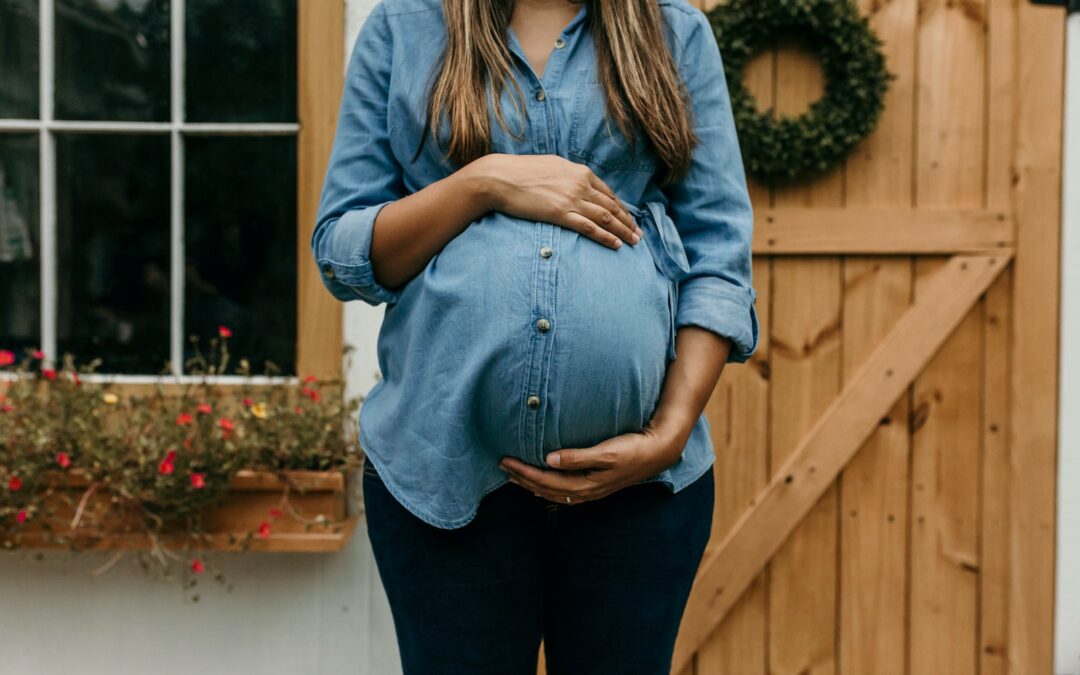Is it normal to experience foot pain when I’m pregnant?
The short answer to this question is yes, it is but it can be prevented.
To understand why you get foot pain, it is first important to understand what is happening to your body during pregnancy:
- Hormonal changes
- Increase in body weight
- Increase demand on blood flow and venous return
All of these factors can contribute to changes with your lower legs and feet
Hormonal changes
During pregnancy you have an increase in the hormone relaxin. This hormone relaxes the tendon and ligaments within the body, allowing your body to prepare for the changes it will go through during pregnancy. However we can not isolate is hormone to only affect the soft tissue surrounding the pelvis and abdomen, you will notice that the tendons and ligaments in the lower legs and feet will become more lax as well.
What this means for you is that you may notice your foot flattening, getting wider or feeling more unstable, like you may roll your ankle.
Increased body weight
As your baby grows you will be increasing your body weight, this will increase the strength required of your ligaments and tendons to support the structures within your feet.
It will also require more energy and strength to complete your daily activities such as walking, meaning that you will fatigue faster and may start to experience cramping in the calf muscles if you’re pushing yourself too much.
Blood flow
Your blood volume will increase by 50% during your pregnancy to support the needs of your baby. This means that your heart and blood vessels are working overtime to keep up with the demands of your body.
Veins are important in returning the deoxygenated blood to your heart. The veins below your heart are working against gravity to push the blood back up to your heart. With the increased strain on these structures you may notice varicose veins (enlarged vein) developing during your pregnancy as well as swelling and pooling of fluid around your ankles.
What can you be doing to prevent foot complications during your pregnancy
- Supportive footwear– to help support your structure within your feet supportive footwear is best. You will also find added stability in this type of footwear.
Runners are a good choice for support and stability as well as Frankie 4 and Ecco for more casual options. Birkenstocks and Archies are good choices for slipons or around the house. - Orthotics- When you find that wearing shoes is not giving enough support you may benefit from an orthotic to help stabilise your foot. It can be customised to your needs and adjusted throughout your pregnancy to help with the changes that your body will experience.
- Avoid barefoot time– limit barefoot time as you are at an increased risk of musculoskeletal injuries.
- Exercises/ strength- to counteract the relaxin hormone it is important to build/ maintain strength during your pregnancy. Your Podiatrist would help develop a program that can be completed at home, as well as make adjustments to any current exercise routines that you may have.
- Avoid sitting with crossed legs– this can prevent the veins and lymph pumping effectively, leading to varicose veins and swelling
- Rest with legs elevated– elevating legs will assist with the venous return and reducing swelling. You can also wear compression stockings to aid this process.
- Dietary changes– you may consider dietary changes to increase your magnesium intake to prevent cramping. You should speak to a doctor or dietitian before making these changes.
What is important after my pregnancy?
You may still experience the symptoms from your pregnancy even once you have had your baby. The hormonal changes can continue during breastfeeding and may not return to pre pregnancy levels for some time.
You may also notice that your foot posture remains ‘flatter’ or ‘wider’. Many women state that they changed shoe size after having their baby. It would be recommended that you get properly fitted for shoes post your pregnancy to make sure that the size you have previously worn is still right for you.
If you have any questions regarding Pregnancy and your feet, please feel free to get in contact with me or make an appointment online.
Marney Cowell
[email protected]
